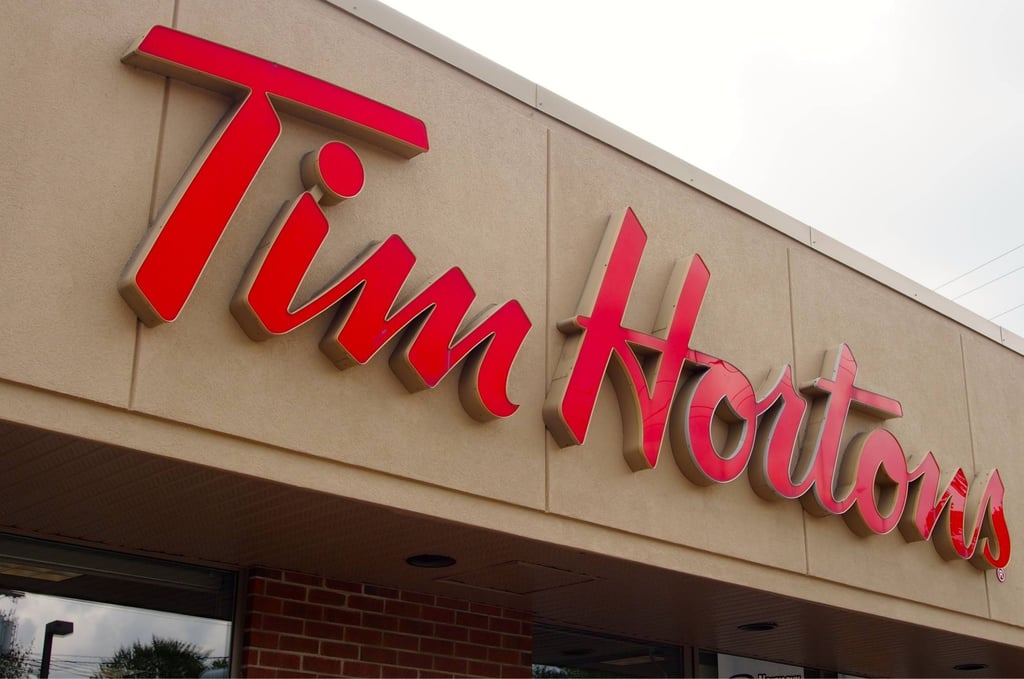US SPACs’ interest in Chinese merger deals cools drastically amid tighter regulatory scrutiny
- One-fifth of the blank-cheque companies that listed in the US in the first quarter do not want to acquire companies in China, GlobalData study shows
- Some 530 US SPACs have still not found a suitable deal target since their IPOs in 2021, according to Refinitiv

Sponsors of US-listed special purpose acquisition companies (SPACs) are avoiding targets in China as the heightened regulatory scrutiny has diminished their appeal, with blank-cheque firms now looking at the wider Asia-Pacific region to pursue deals.
Some 530 US SPACs have yet to find a suitable asset for injection since their initial public offerings (IPOs) in 2021, data from Refinitiv shows. An aversion to assets or targets in China has added to the challenge.
Nearly one-fifth of the 53 SPACs listed in the US in the first three months this year have specifically stated that they would not merge with companies with their principal business in China, a study by research firm GlobalData showed.
“We have definitely seen a cooling of interest among SPACs in [China] targets,” said Michelle Heisner, a partner in Baker McKenzie’s capital markets practice in New York. “While China has been a go-to jurisdiction for potential listings, I do expect that SPACs will be looking further afield in Asia.”

SPACs are shell companies created to raise funds from investors, using the proceeds to buy assets within a limited period of time, usually 24 months, failing which they must liquidate and return the capital to investors. Some of the 2021 US SPACs may have less than nine months to do so.